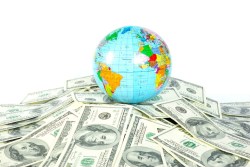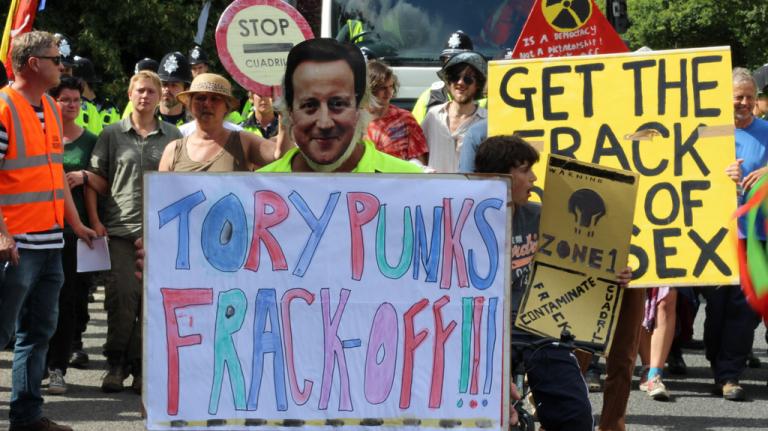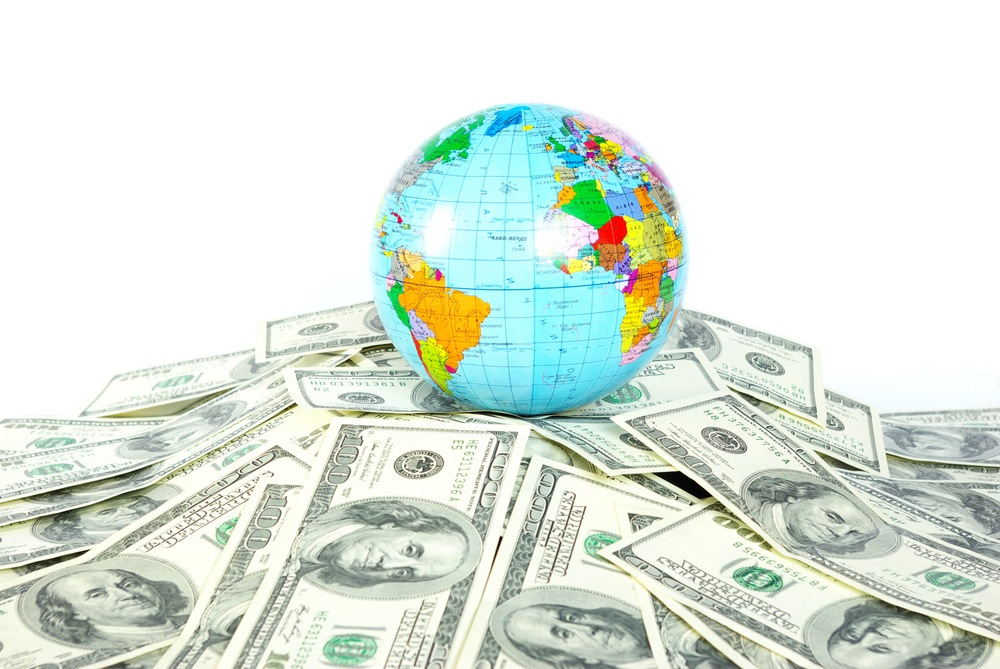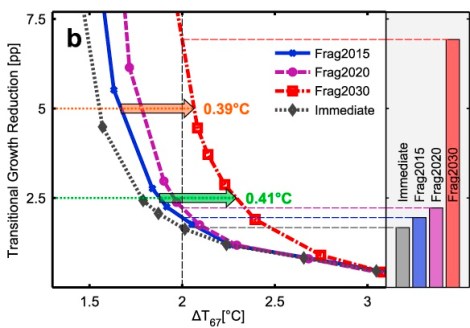
ShutterstockWe can pay now, or we can pay later — with interest.
If the world puts off cooperative efforts to fight climate change until 2030, they will be more than three times as expensive as they would be in 2015.
That’s according to a study led by the Potsdam Institute for Climate Impact Research, published Wednesday in the journal Environmental Research Letters. A team of researchers modeled the economic impacts of possible international climate agreements and found that if the world starts in 2015 to take the difficult but necessary steps to limit global warming to below 2 degrees Celsius, then international economic growth would be crimped by 2 percent. But delaying those steps until 2030 would mean growth is curtailed by about 7 percent. (Those figures refer to the effect of climate policies during the first decade, not sustained impacts.)
In the following graph from the paper, the y-axis shows the reduction in worldwide economic growth, while the x-axis shows temperature rise. The bars on the right reference four scenarios: one in which the world starts taking action today to reduce emissions under a meaningful global agreement, and others in which action doesn’t start until 2015, 2020, or 2030.
When it comes to saving the planet, a penny saved is not a penny earned. Rather, a penny spent is nearly a nickel earned.





